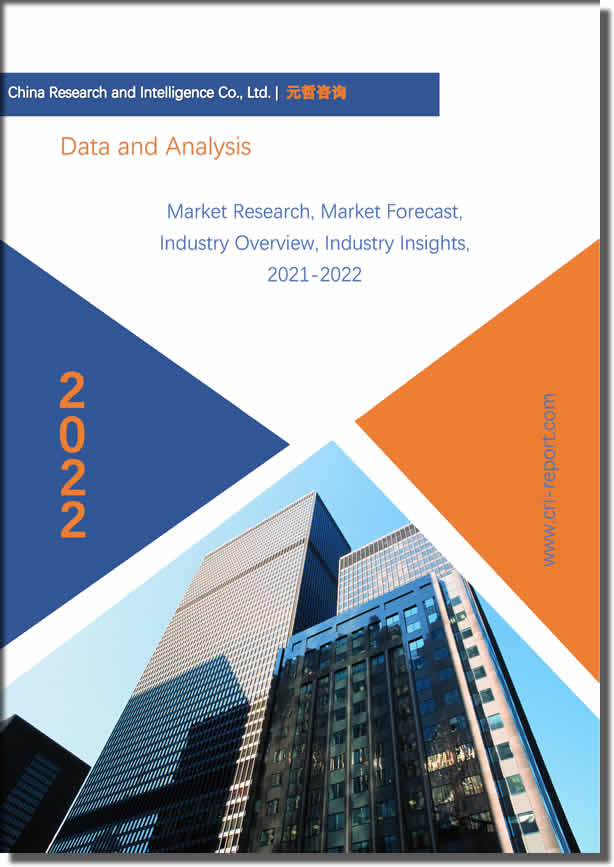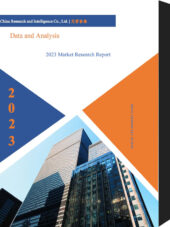Description
Impact of COVID-19 on Radar sensor Market : Segmented: By Type (Imaging, and Non-Imaging), By Application (Air Traffic Control, Remote Sensing, Ground Traffic Control, Space Navigation and Control, and Others), and By End User (Automotive, Aerospace and Defense, Environment and Weather Monitoring, Industrial, and Others), And Region – Global Analysis of Market Size, Share & Trends For 2019–2021 And Forecasts To 2031
[ 176 + Pages Research Report ] Impact of COVID-19 on Radar sensor Market to surpass USD 59.1 billion by 2031 from USD 12.1 billion in 2021 at a CAGR of 17.2% in the coming years, i.e., 2021-31.
Product Overview
A radio detection and ranging system (RADAR) sensor is an electronic device that is used to detect the position and velocity of an object located at a distance such as an aircraft, ship, vehicle, or motorbike. Radar sensors detect wave emissions with the help of a superheterodyne receiver. Radar sensors are products that are used to detect motion, distance and range of arrival, speed, and direction of movement. RADAR sensors are not restricted by adverse weather conditions such as storms, dust, and fog.
Market Highlights
The global Radar sensor market is expected to project a notable CAGR of 17.2% in 2031.
The major factor contributing to the growth of the RADAR sensors market are the rising focus on safety and security needs in an automotive application, unlocking the wideband 5G and millimeter wave-based RF system capabilities, and increasing requirement for border security systems. Now technology become more advanced and focuses on safety and security requirements in different applications such as vehicle collision assistance, industrial and public safety, and robotic assistance which, in turn, is expected to increase the demand over the coming years.
Global Radar sensor: Segments
An automotive segment to grow with the highest CAGR during 2021-31
The global Radar sensor market is classified based on End-Users into Automotive, Aerospace and Defense, Environment and Weather Monitoring, Industrial, and Others. Automotive accounted for the largest share of the Radar sensor market. Radar sensors are expected to witness the rising demand in automotive applications. Some major factors contributing to the growth of this segment are the increasing number of radar sensors in a car, the growing demand for safety, comfort, and assistance features in an automobile, and the development of driverless car projects.
Non-Imaging segment to grow with the highest CAGR during 2021-31
Based on Type, the global Radar sensor Market is fragmented into Imaging and Non-Imaging. During the forecast period, the non-Imaging segment is expected to grow at the fastest CAGR. The non-imaging radar sensor market is being fueled by the increasing use of non-imaging radars in adaptive cruise control (ACC), blind-spot detection, lane change assist, and stop & go functionality.
Market Dynamics
Drivers
Rising investment for radar technology in the aerospace and defense sector
The increasing use of surveillance systems in the military and rising security concerns across the world will influence the radar sensor growth opportunity. Governments from different nations are enhancing their military power by integrating new and monitoring systems security. These factors hamper the growth of the market opportunity for radar sensors in the aerospace and defense sector. Factors such as increasing demand for radar systems in automotive and defense industries and emerging applications of radar in remote sensing are expected to continue pushing sales in the forthcoming years.
Increasing focus on safety and security needs in automotive application
Now technology in radar sensors become very advanced and focused. Radar sensors are used to provide accuracy and give unique safety and security solution capabilities with better performance. The features such as low power consumption, small size, faster response time, and integrated data processing make radar sensors commercial in various applications. The rising demand for smart and self-driving cars owing to the increasing developments in the automotive sector.
Restraint
High cost associated with the market
The high maintenance cost of vehicle-based radar sensors is expected to limit market growth to some extent.
Global Radar sensor: Key Players
Robert Bosch
Company Overview, Business Strategy, Key Product Offerings, Financial Performance, Key Performance Indicators, Risk Analysis, Recent Development, Regional Presence, SWOT Analysis
Continental
Infineon Technologies
Hella KGaA Hueck
Autoliv
Smart Microwave Sensors
Omniradar B.V.
Lockheed Martin
Denso
NXP Semiconductors
Honeywell International Inc.,
L3harris Technologies Inc.
Other Prominent Players
Global Radar sensor: Regions
The global Radar sensor market is segmented based on regional analysis into five major regions: North America, Latin America, Europe, Asia Pacific, and the Middle East and Africa. In North America Digital Radar sensor market is expected to see remarkable growth during the forecasted period. The presence of high-end defense applications, smartphone penetration, autonomous cars, and consumer electronic devices drives the market in this region.
Impact of Covid-19 on Radar sensor Market
The COVID-19 outbreak has affected the radar sensor market development with the decreasing demand from the automotive and aerospace sectors. The reduction in demand for detectors is due to the economic slowdown of several nations around the globe.
The global Radar sensor is further segmented by region into:
North America Market Size, Share, Trends, Opportunities, Y-o-Y Growth, CAGR – the United States and Canada
Latin America Market Size, Share, Trends, Opportunities, Y-o-Y Growth, CAGR – Mexico, Argentina, Brazil and Rest of Latin America
Europe Market Size, Share, Trends, Opportunities, Y-o-Y Growth, CAGR – United Kingdom, France, Germany, Italy, Spain, Belgium, Hungary, Luxembourg, Netherlands, Poland, NORDIC, Russia, Turkey and Rest of Europe
Asia Pacific Market Size, Share, Trends, Opportunities, Y-o-Y Growth, CAGR – India, China, South Korea, Japan, Malaysia, Indonesia, New Zealand, Australia, and Rest of APAC
the Middle East and Africa Market Size, Share, Trends, Opportunities, Y-o-Y Growth, CAGR – North Africa, Israel, GCC, South Africa and Rest of MENA
Global Radar sensor report also contains analysis on:
Radar sensor Segments:
By Type
Imaging
Non-Imaging
By Application
Air Traffic Control
Remote Sensing
Ground Traffic Control
Space Navigation and Control
Others
By End User
Automotive
Aerospace and Defense
Environment and Weather Monitoring
Industrial
Others
Radar sensor Dynamics
Radar sensor Size
Supply & Demand
Current Trends/Issues/Challenges
Competition & Companies Involved in the Market
Value Chain of the Market
Market Drivers and Restraints
Radar sensor Market Report Scope and Segmentation
Report Attribute
Details
The market size value in 2021 USD 12.1 billion
The revenue forecast in 2031 USD 59.1 billion
Growth Rate CAGR of 17.2% from 2021 to 2031
Base year for estimation 2020
Quantitative units Revenue in USD million and CAGR from 2021 to 2030
Report coverage Revenue forecast, company ranking, competitive landscape, growth factors, and trends
Segments covered Type, Application, End-User, and Region
Regional scope North America, Europe, Asia Pacific, Latin America, Middle East & Africa (MEA)
Key companies profiled Robert Bosch, Continental, Infineon Technologies, Hella KGaA Hueck, Autoliv, Smart Microwave Sensors, Omniradar B.V., Lockheed Martin, Denso, NXP Semiconductors, Honeywell International Inc., L3harris Technologies Inc., and Other Prominent Players
Related Reports: Global Food Preservatives Market Research Report – Forecast to 2023




Reviews
There are no reviews yet.